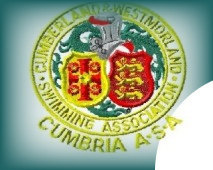Constitutional Rules of Cumbria Amateur Swimming Association
Adopted on 23rd January 2011
Amended on 2nd November 2014; approved by ASANWR November 2015
Revised November 2019; approved by SENW November 2019
Amended January 2024; approved by SENWL February 2024
Amended November 2025
Cumbria ASA constitution
